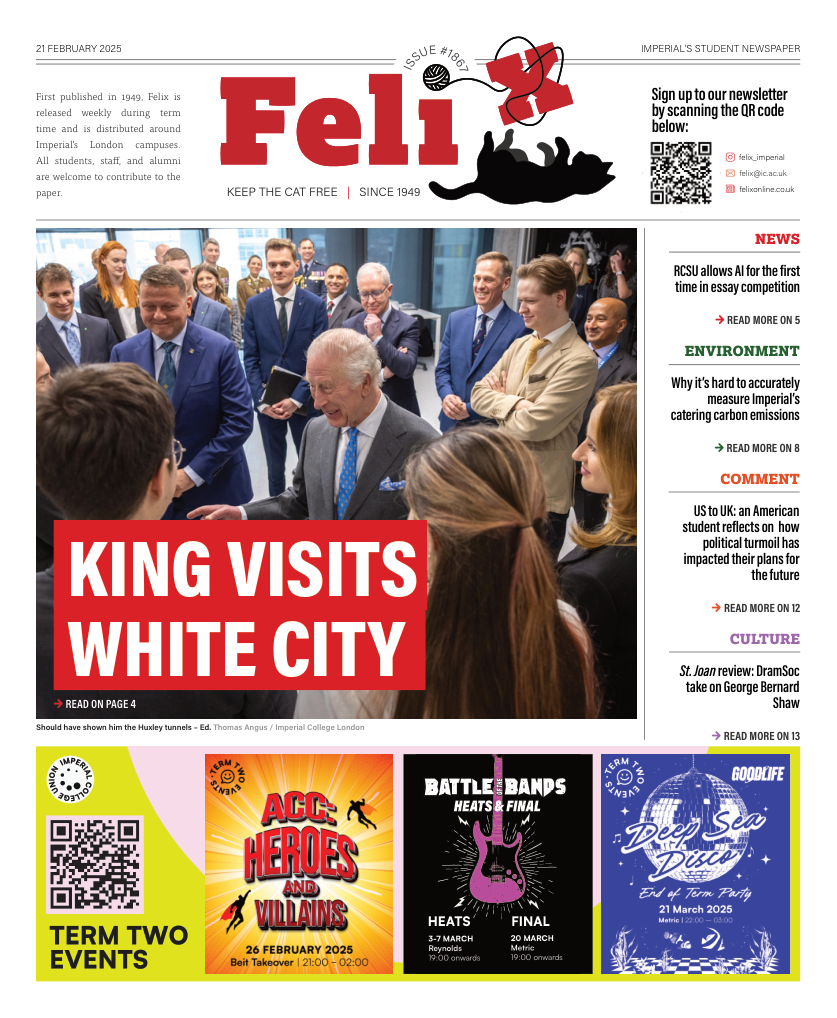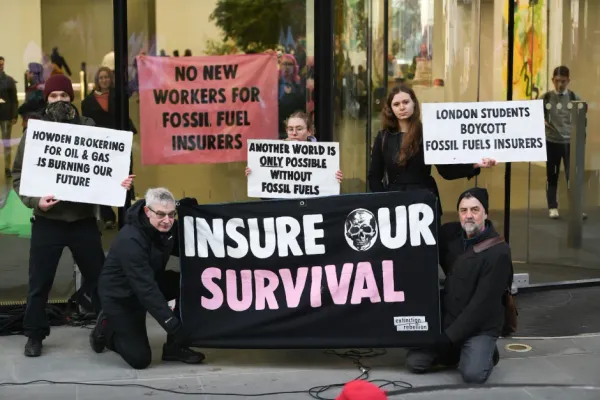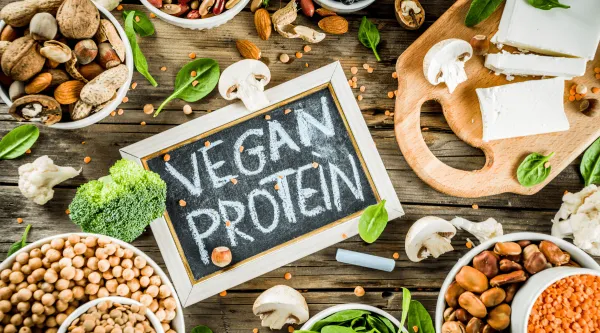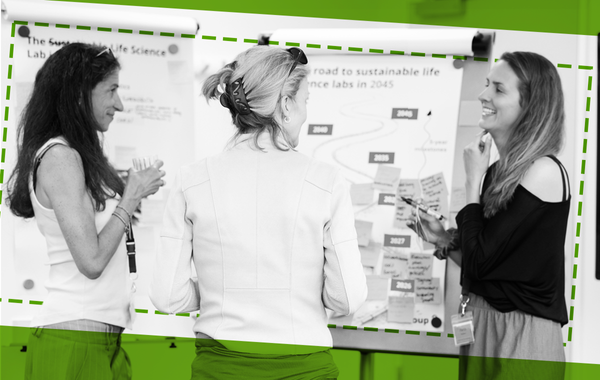How to shop smarter
Conscious consumer tips
As members of the ESE Sustainability Committee, we are exploring how individuals can better practice sustainability. Being a conscious consumer is one of the active roles we play regarding waste. We want to show you what a great contribution you can make towards a sustainable society. The joy of being a conscious consumer is you can also save money and help your local community. Everyone's heard of "reduce, reuse and recycle" but here are some tips on more conscious consumption.
As much as we love dairy and meat, livestock products produce a significant proportion (14.5%) of global greenhouse gas emissions. Much of this is in the form of potent methane - in fact, the agricultural sector is the largest anthropogenic source of methane worldwide. As consumers we make a choice in what foods we buy and, while it is difficult to switch to a vegan lifestyle, you can make small changes to your diet over time. One of main qualms with plant-based meals is a lack of protein, but there are plenty of foods that will help you maintain a healthy, balanced diet. Next time you're at the supermarket check out our favourite plant-based brands: Quorn, Linda McCartney, Alpro, and Violife. It won't kill your gains, we promise! Aside from changing your diet, being food savvy is a great way to reduce waste. TooGoodToGo is an app that helps rescue surplus food from chains at a fraction of the original price, perfect for your dinner or lunch the next day for example.
Moving away from food, when we think of consumerism in general, what comes to mind? If you thought fast fashion, bingo! Websites like Shein, TikTok Shop, and Temu have made shopping splurges easy; however, they are terrible for the environment, and that's not even mentioning the ethical concerns. We know that shopping fills a void in the heart, but retail therapy can be practised sustainably if done right. London is a hotspot for charity shops and car boot sales where you can find good quality (and longer-lasting) steals for a fraction of the price, all while avoiding mass-produced clothing. Here are two of our favourite locations in London for sales:
- Dalston: Sat and Sun, 07:30-14:00. The trek to east London is worth it for the clothes you'll find here.
- Pimlico: Sun, 10:00 - 14:00. A bit closer west and half indoors for a rainy-day activity!
Don't forget your local high street as it's a great bet for good charity shops, whether that be your local Red Cross, Oxfam, or British Heart Foundation. Bin the pub crawl, do a charity shop crawl instead. These are great as you support the local community and have a fun day trip with your friends. What about some of your old clothes? Try to make it a rule that if you buy one item, you donate another directly to your local charity shop or sell it on eBay or Vinted.
Hopefully everyone is taking out their recycling, but do you feel that a lot of your packaging ends up in the general waste? One issue is that lots of packaging is single-use plastic - avoid this where possible! However, even for shrewd conscious consumers, a lot of packaging can only be recycled "with large bags at supermarkets." Our advice is to collect this waste in a separate bag and recycle them during your next weekly shop. If you can't do this at your local supermarket, Recycle Now helps locate your closest recycling centre to make sure those niche recyclables don't end up incinerated or in a landfill. It's a great habit to build!
Setting aside the specifics, those miscellaneous items you might buy and use once make up a large proportion of household waste. Being a conscious consumer means being more minimalist, ensuring you only buy necessities. This is great for saving money and preventing clutter. Here are a few swaps to try once you run out of your current product. Starting with bathroom items, brands like Wild Deodorant provide refills and a deodorant bottle for life which can reduce your waste output compared to traditional aerosols - you can also recycle these if empty! Another swap is purchasing soap bars, which are much better than bottled shampoo, which have non-recyclable pumps. Other bathroom items that minimise spending and waste include reusable safety razors, menstrual cups, and toilet paper made from recycled materials. You might also use a trusty collapsible cup for your free Gloucester Road Waitrose coffee trip, reusable shopping bags, refillable hand and dish soap, or reusable cleaning cloths.
The end goal is to prioritise buying fewer higher-quality goods over time. Making the ethical decision on what you are buying is a financial and environmental investment. If you found this article exciting, Imperial's Sustainability Fortnight starts on 24th February and runs till 7th March, and we'd encourage you to participate!









